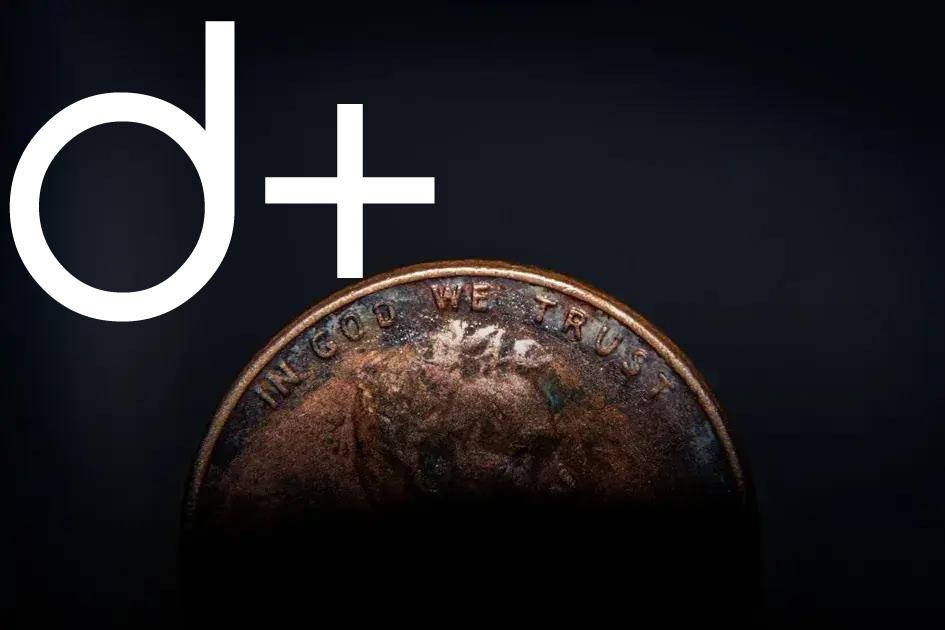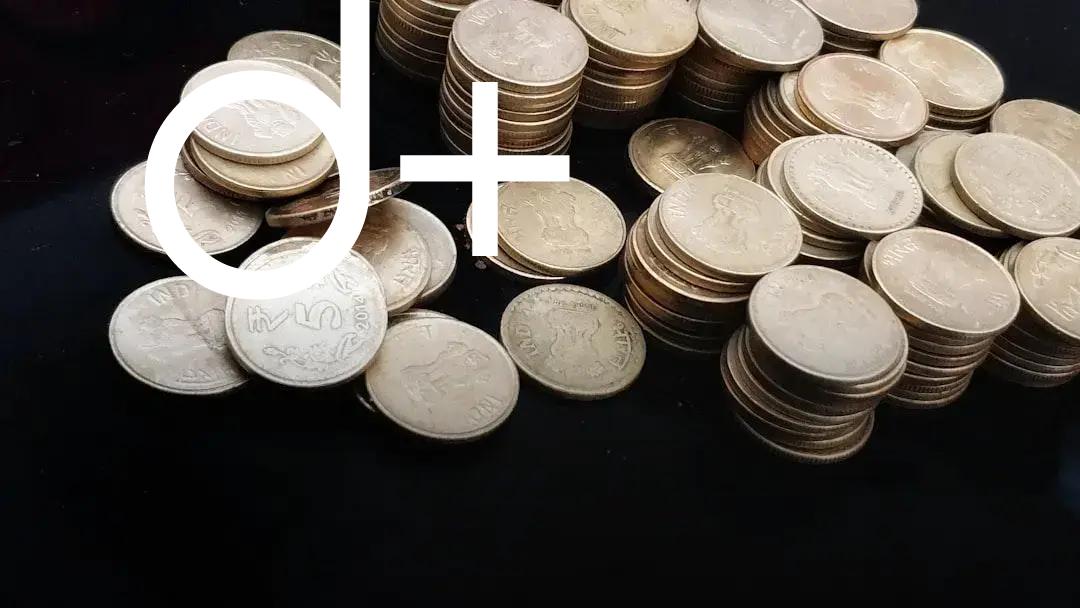Struggling with debt can feel overwhelming, but with the right approach, you can pay off debt faster and regain control over your financial situation. This guide provides proven strategies to tackle your debts efficiently. Let’s first delve into understanding your debt situation and explore how to create a realistic budget to assist in the process, followed by effective repayment methods and valuable tips to prevent accumulating new debt.
Understanding Your Debt Situation
Before you tackle the process of paying off your debt, it’s crucial to have a clear understanding of your current financial situation. Start by gathering all your financial documents, including credit card statements, loan agreements, and any other relevant paperwork.
Identify Your Debts: List all your debts, including the total amount owed, interest rates, and minimum payments. Organize them from the highest to the lowest interest rates to prioritize your strategies later.
Once you have a comprehensive list, calculate your total outstanding debt. This will give you a birds-eye view of where you stand financially.
Assess Your Interest Rates: Pay attention to the interest rates attached to each debt. Higher rates mean more money is going towards interest rather than paying down the principal. This knowledge is essential for choosing the best debt repayment strategy later.
Evaluate Your Monthly Cash Flow: Determine how much money you have coming in each month and how much is going out. Track your spending for a few months to identify patterns and find areas where you can cut back. This data will aid in setting realistic goals.
Financial Tools: Utilize financial tools and apps that can help you keep track of your debts and spending habits. These can offer insights and reminders to maintain your focus on debt repayment.
By understanding the details of your debt situation, you set the stage for creating an actionable plan that can lead to financial freedom.
Creating a Realistic Budget

When it comes to paying off debt faster, creating a realistic budget is essential. A budget provides a clear overview of your income and expenses. Start by listing all your sources of income. Then, list your monthly expenses, including things like rent, utilities, groceries, and any recurring debt payments you’re currently making.
After collecting this information, compare your total expenses to your total income. Are you spending more than you earn? If so, it’s time to make some changes. Prioritize essential expenses, and identify areas where you can cut back. This might include reducing spending on dining out or entertainment. Remember, every dollar you save can be allocated towards paying off your debt.
Designate a specific amount of your budget strictly for debt repayment. This amount should be reasonable, ensuring it doesn’t leave you short for other necessary expenses but is substantial enough to make a significant dent in your overall debt.
Regularly track your spending to ensure you stay within your budget. Use budgeting tools or apps to keep everything organized. Adjust your budget as needed, especially if you experience changes in income or unexpected expenses.
Creating and sticking to a realistic budget requires discipline, but it’s a powerful tool in the strategy to pay off debt effectively. This approach not only helps you manage your finances better but also keeps you committed to your debt reduction goals.
Choosing the Right Debt Repayment Method
When considering how to pay off debt faster, it’s crucial to choose the most suitable repayment method. There are several strategies available, each with its own advantages depending on your financial situation.
Debt Snowball Method
The debt snowball method involves paying off your smallest debts first. You make minimum payments on all debts, then use any extra money to eliminate the smallest debt. This method can quickly build momentum and keep you motivated as you see debts disappearing one by one.
Debt Avalanche Method
Another effective approach is the debt avalanche method, where you focus on debts with the highest interest rates first. By doing this, you save more on interest over time, which can be a more financially sound decision if you can stay disciplined.
Consideration of Interest Rates
Paying attention to interest rates is vital. High interest rates can significantly increase the amount you’ll repay over time, making the debt avalanche method a potentially better choice.
Balance Transfers and Consolidation Loans
For some, transferring high-interest debt to a credit card with a lower rate or a consolidation loan might be beneficial. This can reduce the amount of monthly interest you pay, allowing more of your payments to go towards the principal balance.
Ultimately, the right debt repayment method depends on personal preferences and financial goals. Consider consulting with a financial advisor to determine the best strategy for your situation.
Tips to Avoid Accumulating New Debt

To prevent adding more debt, it’s crucial to be mindful of your spending habits. Start by tracking your expenses daily. This will help identify non-essential expenses that can be cut back. It’s also beneficial to establish and stick to a budget that aligns with your financial goals. Consider setting a small emergency fund to cover unexpected expenses, reducing the need to use credit.
Discipline is key. Avoid using credit cards for everyday purchases if you’re not paying the full balance monthly. Instead, use cash or a debit card to make transactions. Additionally, consider renegotiating contracts or looking for better deals on services you frequently use, such as utilities or subscriptions, to reduce monthly expenses.
Another strategy is to
review your subscriptions
and memberships regularly. Cancel those that you no longer need or use. By keeping a lean monthly expense sheet, you’ll have more resources to direct toward debt repayment and less temptation to accrue additional debt.
Lastly, practice mindful shopping. Before purchasing, ask yourself if it’s a need or a want. If it’s a want, consider delaying the purchase. It might not seem significant, but these small changes add up over time and can prevent accumulating more debt.







![BANNER 1 - HOME [QUADRADO]](https://dailyfindinvestment.com/wp-content/uploads/2025/01/BANNER-300-X-300.gif)
